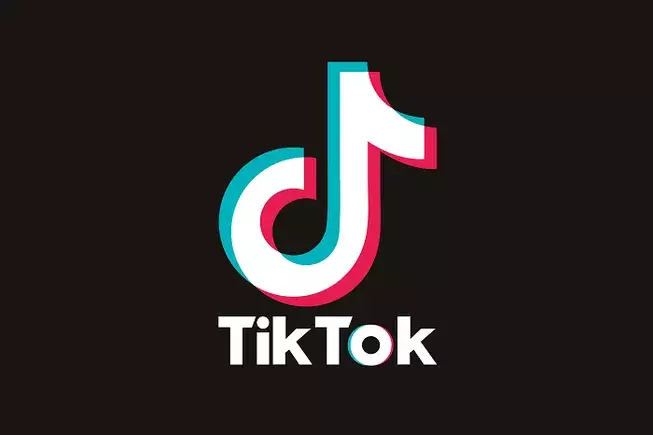As TikTok faces the ultimatum of being banned from the United States within a matter of days, the scenario has evolved into a complex interplay of politics, social media, and free speech rights. The clock is ticking, and this digital battleground has caught the attention of President-elect Donald Trump, who is intent on negotiating a resolution that would allow the application to continue serving its 170 million American users. Through strategic legal maneuvers, including a fresh amicus brief submitted to the Supreme Court, Trump’s team is seemingly aiming to leverage his supposed “dealmaking prowess” to navigate a way forward for an app that has become a cultural phenomenon.
The recently filed amicus brief lays out a framework in which Trump seeks not only to halt the impending ban on TikTok but also to protect the free speech rights of its users. The brief emboldens Trump’s assertion that his recent electoral victory grants him a robust mandate to act on behalf of the citizens who have claimed TikTok as a significant medium of expression. In his brief, Trump argues that as the President and the Vice President represent all voters, he is uniquely equipped—not only politically but also through his extensive social media engagement—to champion for TikTok’s survival.
While there is a genuine question of whether Trump’s involvement stems from a documentary understanding of the app’s implications or from a more self-centered interest, the demand for a stay allows for further negotiations to take place before a final decision is rendered. The Supreme Court’s decision, expected on January 10th, could position Trump favorably should he seek to negotiate terms that would satisfy both the U.S. government and TikTok’s stakeholders.
It’s worth noting the evolution of Trump’s stance toward TikTok since 2020 when he attempted to force a sale of the app to an American entity as part of his broader confrontational strategy against perceived threats from China. His initial desire for a forced sell-off was fueled by a narrative linking TikTok to national security risks and espionage. Now, however, as he embraces his own celebrity status on the app, his posture seems to have softened; he claims to enjoy the platform and its inherent influence.
Is it possible that Trump’s genuine affinity for the app now colors his intentions? Or is this strategy merely an opportunistic attempt to reclaim a narrative that positions him as a protector of American users and free speech? The answer is uncertain, but significant changes have occurred since Trump first threatened to dismantle the app’s operations in the U.S.
Beyond the immediate implications for TikTok lies the more profound question of free speech in the digital age. The platform has become a vital space for political conversation, entertainment, and community-building among millions. By attempting to negotiate a settlement or extension rather than merely enforcing an outright ban, Trump seems to open a door that reflects a more contemporary understanding of free speech: that it is not solely the purview of traditional media outlets but thrives in dynamic, interactive virtual spaces too.
Nonetheless, the existential threats to the app also cannot be ignored—particularly as new governmental perspectives emerge. The transitioning administration led by Biden appeared to take a more cautious approach towards TikTok, indicating that negotiations might not yield the results Trump hopes for. The interplay of these administrations can cast a long shadow on how tech and digital platforms facilitate expression.
As the U.S. gears up for what could be TikTok’s last stand against its shutdown, Trump’s bid for a reprieve represents a unique convergence of political interest and social media dynamics. Whether he may rekindle a previously proposed sale to corporate partners like Oracle and Walmart remains uncertain, as is the potential impact of this situation on the broader discourse surrounding digital freedom.
While logistics about new arrangements are yet to materialize, one thing is clear: the outcome of Trump’s legal strategy may not just chart the future of a popular app but could redefine the landscape of free expression in American cyberspace. As events unfold, users and policymakers alike will watch closely, aware that the implications of these decisions extend far beyond a single social media platform.

